Blueberries~ Which varieties are NOT patented?
thoughts-from-jules
11 years ago
Related Stories
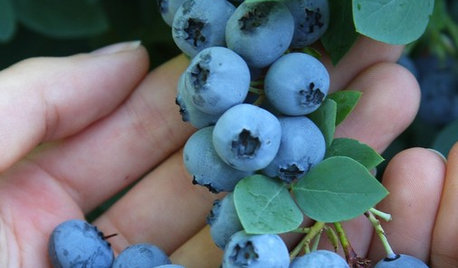
EDIBLE GARDENSSummer Crop: How to Grow Blueberries
Plant blueberries in spring or fall for garden beauty through three seasons — and a sweet superfood in summer
Full Story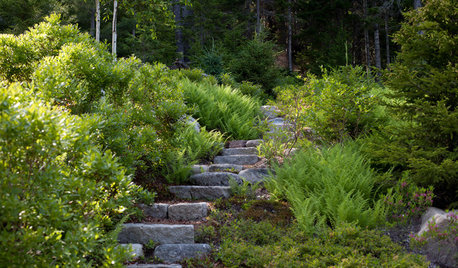
GARDENING GUIDESGreat Design Plant: Grow Blueberries for Their Fruit and More
Eastern gardeners should consider growing blueberry plants for their delicious fruits, bee-friendly spring blooms and brilliant fall foliage
Full Story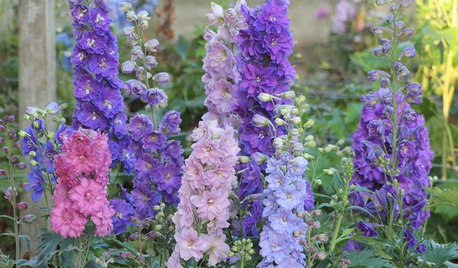
GARDENING GUIDES6 New Plant Varieties That Beat Out Their Parents
With better resistance and fewer demands, these garden beauties are worth a spot on your wish list
Full Story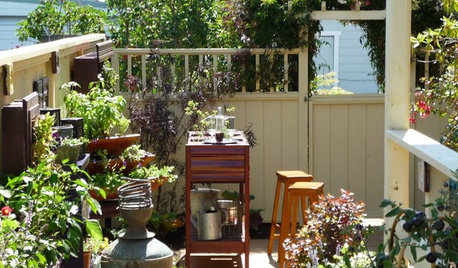
GARDENING GUIDES15 Ideas to Try in Your Garden This Year
These gardening stories were tops among Houzz readers. Which ideas might you try this year?
Full Story
KITCHEN DESIGN8 Top Hardware Styles for Shaker Kitchen Cabinets
Simple Shaker style opens itself to a wide range of knobs and pulls. See which is right for your own kitchen
Full Story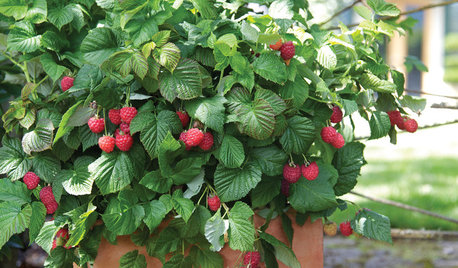
CONTAINER GARDENSPatio-Perfect Berry Bushes Like You’ve Never Seen
Small enough for pots but offering abundant fruit, these remarkable bred berries are a boon for gardeners short on space
Full Story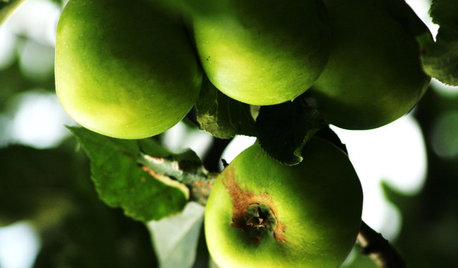
EDIBLE GARDENSHow to Add an Apple Tree to Your Edible Garden
Readily available, beautiful and fragrant, apple trees offer four-season interest along with crisp, juicy fruit
Full Story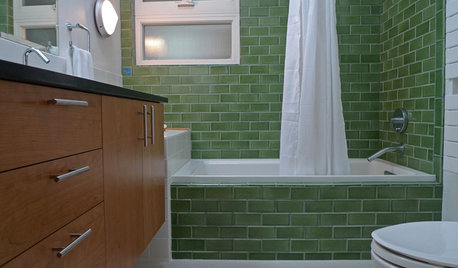
BATHROOM DESIGNBathroom Surfaces: Ceramic Tile Pros and Cons
Learn the facts on this popular material for bathroom walls and floors, including costs and maintenance needs, before you commit
Full Story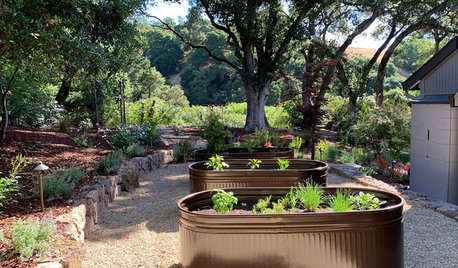
FARM YOUR YARD6 Things to Know Before You Start Growing Your Own Food
It takes time and practice, but growing edibles in the suburbs or city is possible with smart prep and patience
Full Story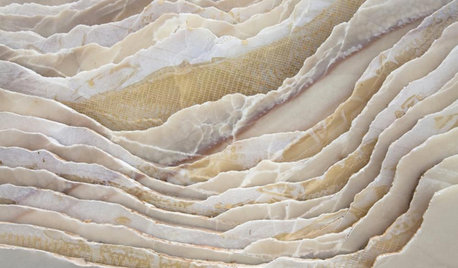
WORLD OF DESIGN8 Things You Didn’t Know About Italian Marble
How did the ancients extract marble? What makes it white or colored? We unearth fascinating facts about this luxurious stone
Full Story





ken_adrian Adrian MI cold Z5
brandon7 TN_zone7
Related Professionals
Elwood Landscape Architects & Landscape Designers · Waunakee Landscape Architects & Landscape Designers · Woodinville Landscape Architects & Landscape Designers · Brooklyn Center Landscape Architects & Landscape Designers · Surprise Landscape Contractors · Edinburg Landscape Contractors · Ellensburg Landscape Contractors · Hawthorne Landscape Contractors · Lady Lake Landscape Contractors · Palm Beach Gardens Landscape Contractors · Peachtree City Landscape Contractors · Pomona Landscape Contractors · Saint John Landscape Contractors · San Rafael Landscape Contractors · West Orange Landscape Contractorsthoughts-from-julesOriginal Author
brandon7 TN_zone7
brandon7 TN_zone7
thoughts-from-julesOriginal Author
brandon7 TN_zone7
thoughts-from-julesOriginal Author
ken_adrian Adrian MI cold Z5
thoughts-from-julesOriginal Author
brandon7 TN_zone7
soaht